RAMADAN RITUALS
Ramadan, also known as Ramzan or Ramadhan, is the holiest month in the Islamic lunar calendar. It holds immense significance for Muslims worldwide, as it commemorates the revelation of the Quran to Prophet Muhammad (peace be upon him). Lasting for 29 or 30 days, Ramadan is a time of spiritual reflection, self-discipline, and heightened devotion.
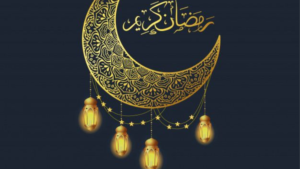
The rituals of Ramadan are deeply ingrained in the hearts and minds of Muslims, shaping their daily lives and fostering a sense of unity within the community. From dawn until sunset, Muslims abstain from food, drink, smoking, and other physical needs as an act of worship and obedience to Allah (God). This act of fasting is one of the Five Pillars of Islam, fundamental acts of worship that are obligatory for all Muslims.
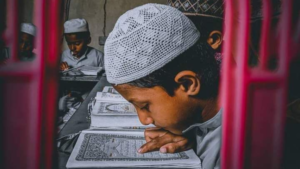
Each day during Ramadan begins before dawn with a pre-fast meal called Suhoor. This meal is taken to provide sustenance for the day ahead and typically consists of water, dates, and nutritious foods to provide energy throughout the day. After Suhoor, Muslims perform the Fajr (dawn) prayer, marking the beginning of the fast.
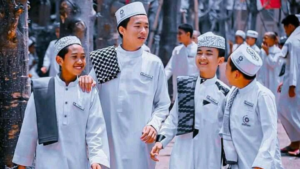
Throughout the day, Muslims engage in various acts of worship and spiritual reflection. This includes reading and reciting the Quran, the holy book of Islam, as well as engaging in extra prayers known as Taraweeh. Taraweeh prayers are performed in congregation at mosques during the evening and are recitations from the Quran, often completed over the course of the month.
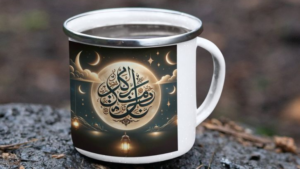
As the sun sets, Muslims gather to break their fast with a meal called Iftar. Traditionally, the fast is broken with dates and water, following the practice of Prophet Muhammad (peace be upon him), before partaking in a larger meal. Iftar is often a communal event, with families, friends, and neighbors coming together to share food and express gratitude for the blessings of the day.
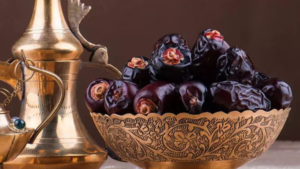
Charity, known as Zakat al-Fitr or Fitrana, is also a significant aspect of Ramadan rituals. Muslims are required to give a certain amount of their wealth to those in need before the Eid al-Fitr prayer, ensuring that everyone in the community can partake in the joyous celebration of Eid.

In addition to fasting and prayer, Ramadan is a time for self-reflection and spiritual growth. Muslims strive to purify their hearts and minds, seeking forgiveness for past sins and striving to improve themselves in the eyes of Allah. This may involve engaging in acts of kindness, seeking reconciliation with others, and refraining from harmful behaviors.
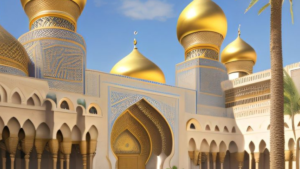
The last ten days of Ramadan hold special significance, particularly the Night of Power (Laylat al-Qadr), which is believed to be the night when the Quran was first revealed. Muslims spend these nights in intense prayer and devotion, seeking the blessings and forgiveness of Allah.
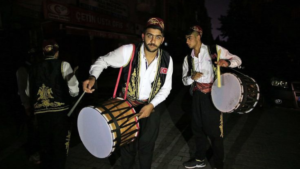
The culmination of Ramadan is the celebration of Eid al-Fitr, the Festival of Breaking the Fast. This joyous occasion begins with a special Eid prayer, followed by festivities that include feasting, exchanging gifts, and spending time with loved ones. Eid al-Fitr is a time of gratitude and celebration, marking the successful completion of Ramadan and the renewal of spiritual commitment.
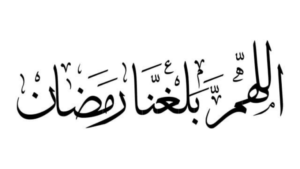
In conclusion, Ramadan rituals encompass a wide range of practices that are deeply rooted in faith, community, and personal growth. From fasting and prayer to acts of charity and reflection, Ramadan provides Muslims with an opportunity to deepen their connection to Allah and strengthen their bonds with one another. Through these rituals, Muslims seek spiritual purification, forgiveness, and guidance, striving to embody the principles of Islam in their daily lives.
TOP 10 JAPANESE FOOD HABITS Click here
